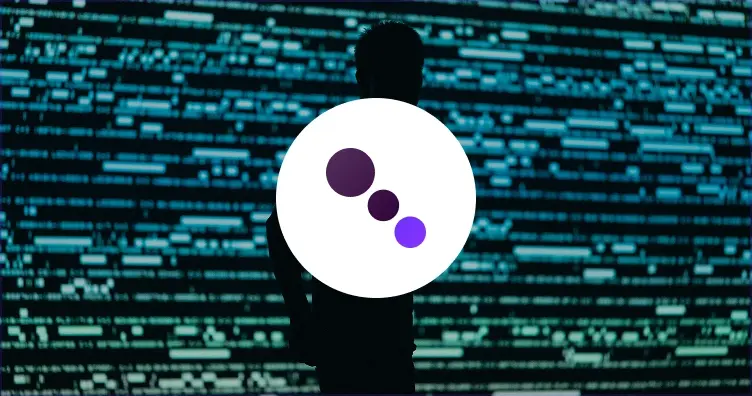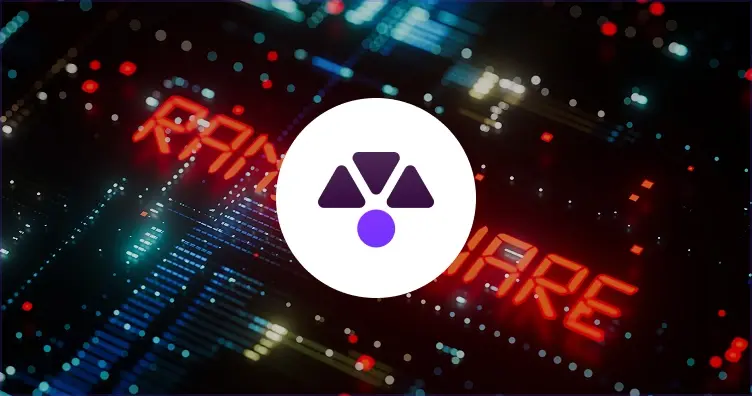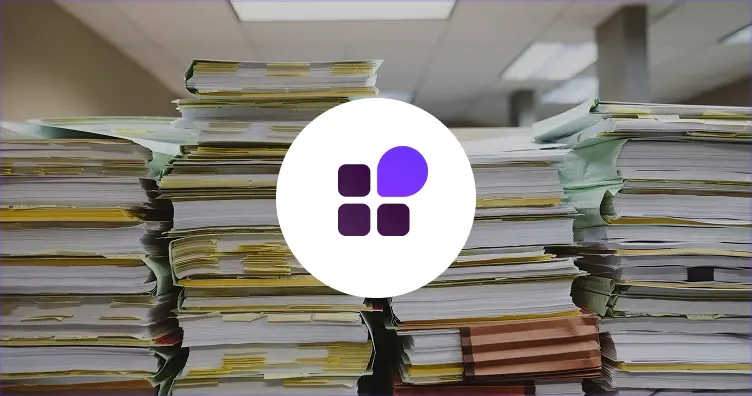Cyber Security is an incredibly complex task, and it is critical that modern businesses are on top of it. As technology becomes even more fundamental to core business operations, individuals, businesses, and even countries are constantly exposed to cybercriminals, state-sponsored actors, and malicious entities that relentlessly exploit technological weaknesses in a constantly expanding attack surface. As threat actors become more innovative, security has to keep up. The constant race to anticipate and mitigate emerging threats, and the delicate balance between privacy and protection has elevated cyber security to an intricate and multifaceted discipline that necessitates a comprehensive, proactive approach to safeguarding critical business assets.
Cyber criminals are constantly finding new zero-day vulnerabilities to exploit, such as the CVE-2023-34362 vulnerability in the MOVEit secure file transfer service that the Clop ransomware operation is currently using to wreak havoc in organisations across the globe. Whether cyber-crime operations are using automated tools or conducting manual inspections, they will always end up discovering loopholes and flaws within the code, files, or network communication of software that is critical to business operations. Once cyber criminals are in your network, it can be extremely difficult to detect, and subsequently remove, unauthorised access. For many businesses, this results in a significant financial blow as well as an extended period of business downtime, often severely affecting critical business operations.
The challenge posed by complex security
As a result, organisations invest a vast amount of time, and financial and human resources, into defending against cyber crime. As of 2020, the average organisation invests nearly 11% of its total IT budget into protecting its network, application, endpoint and data security, among others. Not only is it expensive, but it is also highly technical, and many organisations struggle with skills and resource shortages.
Not only are organisations battling high costs and skills shortages, but many are also juggling numerous interconnected security tools; each one tends to be highly complex. In fact, 78% of organisations utilise over 50 security tools.
Cyber security tools are complicated because they have to be – they deal with an intricate, constantly evolving threat landscape with a wide range of attack vectors. In order to effectively detect, prevent and mitigate cyber attacks, tools need to possess advanced capabilities and integrate with already complex IT infrastructures that consist of a diverse range of networks, applications and systems. Security tools also process and generate vast amounts of data that IT teams can use to analyse and address threats and weaknesses, and require frequent updates as the cyber landscape evolves. All of this only contributes to their complexity, and while they play an invaluable role in defending organisations from cyber threats, companies heavily rely upon highly skilled security professionals to navigate the tools’ intricacies. When you combine this complexity with volume, the result can be a sizeable headache for IT teams - especially in the face of today's skills shortages.
Why you should consolidate security tools
Consolidating cyber security tools has emerged as a valuable strategic approach to fortifying cyber defenses and effectively mitigating the associated risks. By integrating and streamlining complex security solutions into one unified framework, businesses can reap numerous advantages. Consolidation not only enhances operational efficiency but also enables better threat detection and response, simplifies management and compliance processes, reduces costs, and fosters a more cohesive and robust security posture.
Efficiency
One of the key benefits that results from a consolidated approach to cyber security is a significant improvement in operational efficiency. Instead of having to manage multiple, complicated, standalone security solutions, each with unique interfaces and workflows, a consolidated approach streamlines processes, centralises tool management, and generally decreases complexity. This enables security teams to benefit from a cohesive and standardised framework for monitoring, analyzing, and responding to threats; eliminating the need to switch between different applications, and reducing the time and effort required to navigate and learn multiple applications. Consolidated security tools also enable better data sharing and correlation, which facilitates accurate, comprehensive, and fast threat detection.
Security
This leads us to the second key benefit – enhanced security. By placing as many security controls as possible under one roof, threat detection and response capabilities are enhanced, allowing for increased visibility and correlation of events across the entire IT system, improving security teams’ abilities to identify any irregular patterns and potential threats.
It also provides better control and management of access rights and permissions, helping organisations to enforce consistent security policies and ensure that only authorised individuals can access sensitive systems and data. Incorporating patch management processes means that any software gaps and vulnerabilities in your network are plugged, reducing the risk from cyber crime.
Reduced Costs
Managing a unified system simplifies administration, and enables businesses to eliminate redundancies and streamline operations. It also takes away the need to manage multiple licences, which can result in significant cost savings - including mitigating the risk of non-compliance penalties.
Not only does consolidated cyber security improve defence against cyber attacks, but it also strengthens an organisation’s ability to recover from one. Integrated backup and disaster recovery solutions minimise the system downtime and operational disruption that businesses suffer when cyber attacks strike, helping to shield them from severe financial and reputational damage.
IBM QRadar Suite
IBM Security’s QRadar Suite is a great example of the power of consolidated security tooling. QRadar Suite is an innovative solution spanning all core threat detection, investigation and response technologies, offering XDR, SIEM, and SOAR with advanced AI and automation. QRadar Suite empowers security analysts, enabling them to work with greater speed, accuracy, and precision.
By implementing IBM’s QRadar Suite, organisations can protect their endpoints against advanced cyber threats, respond to any attacks, orchestrate and optimise incident response workflows, and benefit from real-time detection using real-world threat intelligence, all within a single user interface.
Taking you beyond technology
The powerful benefits of a consolidated cyber security strategy can be further augmented through managed services. As mentioned, many organisations currently struggle with security skills shortages - skills that businesses rely on to safeguard their mission critical assets.
Placing your security strategy in the hands of Celerity's team of experts is a valuable way to enhance your consolidated security, adding further value and business outcomes to your IBM technology investments. Our skilled analysts will secure your organisation, improve its cyber security posture, and advance its maturity, as well as supporting your recovery to full health should to worst happen.
IBM Security’s technology is trusted by thousands of organisations around the world. Get in touch with Celerity today to learn how our Cyber Security service portfolio can help to fortify your cyber defences and improve your recovery in the events of an attack.

 Cyber Recovery
Cyber Recovery



